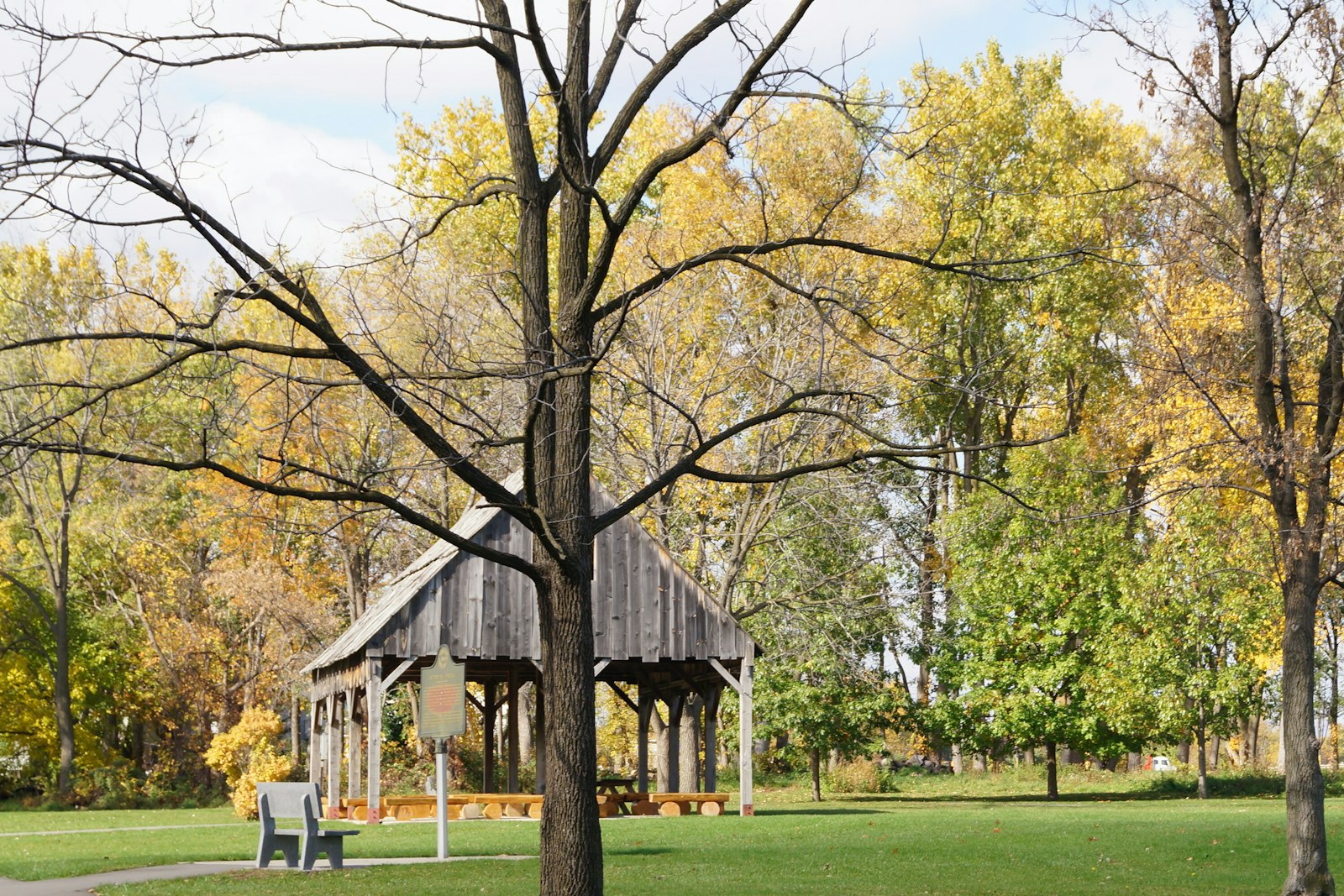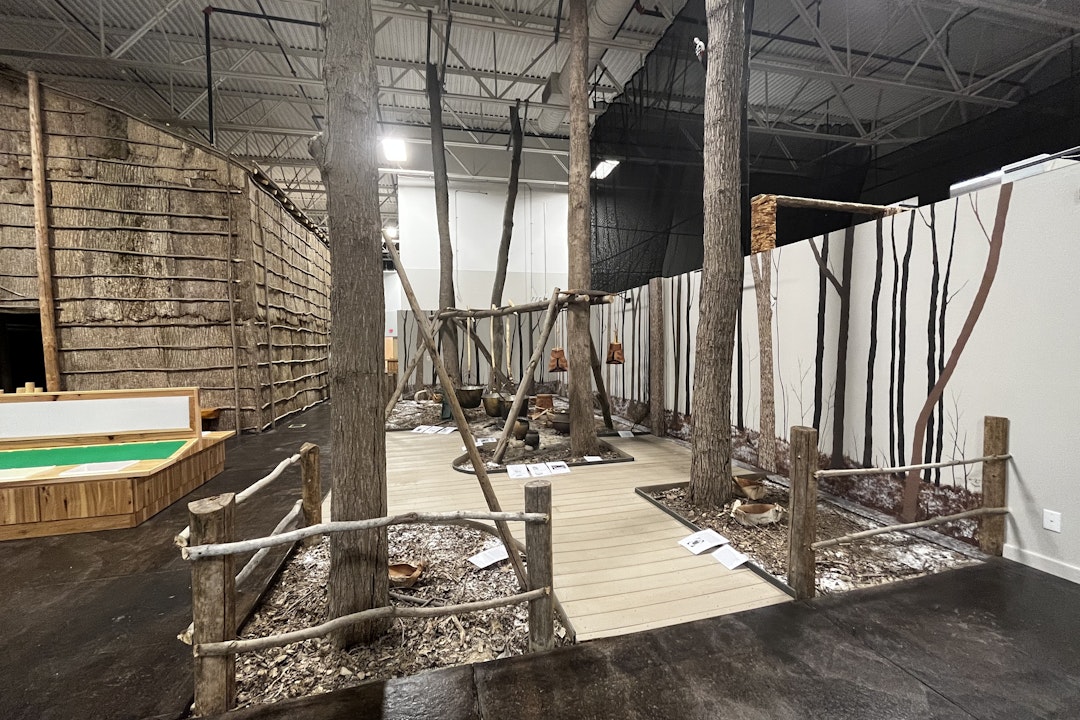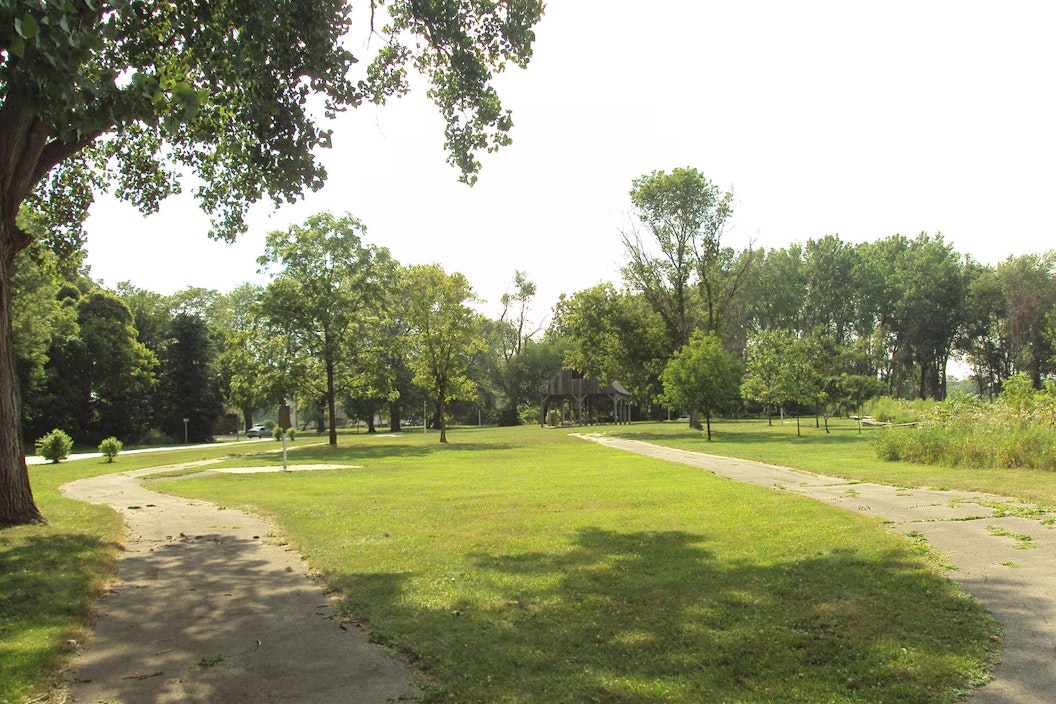

.
.
The battle cry “Remember the Raisin” has different meanings to different groups. For U.S. soldiers during the War of 1812, the phrase motivated troops to remember their previous defeat near what is now Detroit, rallying them to victory. At River Raisin National Battlefield Park, where the National Park Service (NPS) preserves and commemorates the battles that took place there in January of 1813, “Remember the Raisin” encourages rangers and visitors to remember all sides of the battle and war, as well as the resulting forcible removal of Indigenous peoples. In partnership with Sun Outdoors, the National Park Foundation (NPF) is helping the phrase take on another level of meaning. Funds from NPF’s ParkVentures and Junior Ranger Angler programs are helping the park more closely collaborate with Great Lakes Tribal Nations and facilitate inclusive interaction.
Cultivating Relationships with Tribal Nations

The area now protected as River Raisin National Battlefield Park has been home to many cultures. Near the confluence of the River Raisin and Lake Erie, Native American tribes including the Pottawatomi, Odawa, and Wyandot settled here, as well as later French and British settlers. In the aftermath of the War of 1812, all communities of Indigenous peoples were removed from southeast Michigan. The lingering impact of the battles of River Raisin are still felt today, and NPS is working to strengthen relationships between sovereign tribes and national parks.
Through a grant from NPF’s ParkVentures program, the park has developed a collection of materials and programs around manoomin (wild rice), a critical natural resource for the Great Lakes Tribal Nations, migratory birds, and other wildlife. Working collaboratively with federally recognized tribal nations and other partners, the park has produced two, short educational films “Manoomin – The Good Seed” and “Menomen – Wild River Rice” on the subject, as well as a new exhibit space at the park to engage local tribal youth from different nations and stimulate further conversations around the history and importance of manoomin.
The manoomin exhibit includes traditionally made items, including a birch bark winnowing dish, a cedar bark woven rice bag, a parching kettle and paddle, and more. The ParkVentures grant also enabled the park to have in-person conversations with the Tribal Environmental Departments, resulting in a connection between the Nottawaseppi Huron Band of the Potawatomi and the State of the Strait binational collaboration to discuss the possibility of using wild rice as an indicator species in assessing ecosystem status.


Through a grant from NPF’s Junior Ranger Angler program, the park is working on expanding the level of understanding of the Treaty Fishing Rights, rights retained by Indigenous peoples when the land was taken from the tribal nations. Misunderstanding of the Treaty Fishing Rights continues to generate conflict between and hostilities from Walleye sport fishermen towards tribal citizens utilizing traditional fishing methods protected under their nation’s treaty rights. A newly produced film, “Ogawaag – Walleye”, from the park shares information about tribal fishing methods, tribal nations work to strengthen the Great Lakes fisheries and traditional perspectives amplifying the importance of fishing rights in the region, sustaining Great Lakes tribal families, communities, and the fisheries for all people. By viewing and discussing the film as part of their program, Junior Ranger Angler participants are inspired to enjoy all the recreational opportunities afforded by the Great Lakes while understanding and respecting the importance of the retained rights of tribal nations to fish in their ancestral waters.

“Menomen – Wild River Rice,” “Manoomin – the Good Seed,” and “Ogawaag – Walleye” can all now be viewed along with other films supported by the National Park Foundation through the park’s YouTube channel. Teacher film guides have been developed for each film and are available upon request.
NPF and our partners, including Sun Outdoors, are proud to support NPS’ efforts to strengthen relationships between sovereign tribes and national parks. These projects illustrate how collaboration with tribal members and communities help shape the park experience and create spaces where everyone can create and maintain life-long relationships with national parks.
